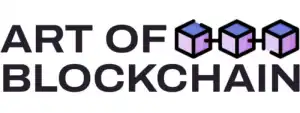I am curious to know Blockchain for gaming
can the entire game run on the blockchain? So I know that the smart contract logic and maybe some simple storage is blockchain based. But what about the interface of the landing page and the gameplay/game interface?
Many games are being built on blockchain and Web3 influencers are saying it is creating a new channel of entertainment. Is this true or hype?
